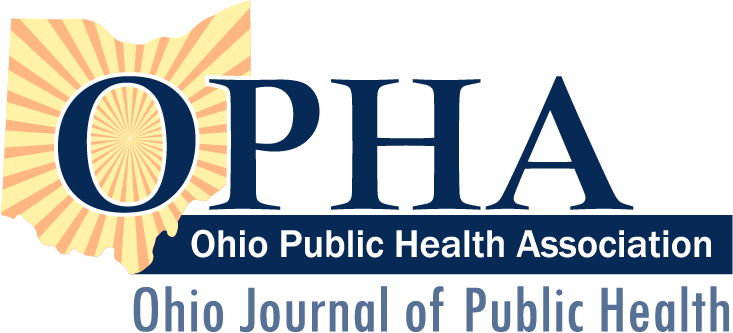Opiate Use Disorder and Exercise: A Systematic Review
Abstract
Background: The opiate epidemic continues to cause hardship to American communities, including in all counties in Ohio, and resulted in 100 000 drug overdoses in 2021. Medications such as buprenorphine have helped people affected by opiate use disorder (OUD) to continue through recovery, although medication assisted therapy (MAT) has shown limited retention rates, calling for complimentary interventions to be implemented. Exercise has potential to reduce cardiovascular risk, lower obesity, and improve mental health. The aim of this study is to systematically review the literature on OUD and exercise as an adjunct to MAT. The authors hypothesize that there is a gap in the knowledge as to whether this modality has been thoroughly researched to aid in OUD recovery.
Methods: A database literature search of PubMed, CINHAL, and PsychInfo returned a total of 458 abstracts. Four sets of exclusion criteria were implemented resulting in a total of 26 articles. After further review, 8 more articles were excluded by the authors.
Results: Eighteen articles including participants with OUD were systematically reviewed. Only 1 article solely fo-cused on participants with OUD and exercise as an adjunct to treatment.
Conclusion: Exercise as an adjunct to treatment for OUD is an area of addiction treatment that warrants further investigation. Incorporating exercise into a recovery program for people with substance use disorders (SUD) specifically has been touted as a promising modality, however, limitations in OUD only studies and lack of control groups make it difficult to draw a conclusion to support our hypothesis.
Keywords: Substance use disorder, Opioids, Exercise, Physical activity, Systematic review
How to Cite:
Mandato, J., Kola, R., Mailland, K. & Bales, R., (2023) “Opiate Use Disorder and Exercise: A Systematic Review”, Ohio Journal of Public Health 6(1), 1-7. doi: https://doi.org/10.18061/ojph.v6i1.9357
Rights: Joseph R. Mandato, Rei Kola, Kevin Mailland, Robert W. Bales
Downloads
Download PDF
